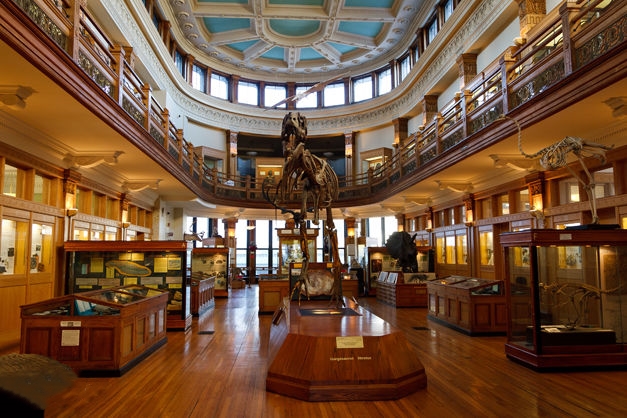
BOQIAO EDUCATION INC.
One stop international education and study abroad service brand in Canada
Personalized one-to-one counseling
TOP TEACHERS AUTHORITY GUIDANCE TO SUCCESS

As a developed country, Canada has the most perfect education system in the world. Its education system and style not only combine the tradition and preciseness of British education, but also integrate the freedom and openness of American education. According to Canadian law, education is the responsibility of provincial and local governments. Therefore, the federal government does not have an agency at the level of the Ministry of education to manage national education, but relies on the Council of ministers to play a coordinating role in the provinces. Most of the schools are provincial. The constitution of each province has clear provisions on the educational organization, education system and examination system of the province. Each province has its own Ministry of education, which is responsible for the education of the province. The federal government is only responsible for organizing and managing the education of Indians, Inuit, members of the armed forces and their families, as well as prison inmates. The federal government provides part of the education funding to the provinces, as well as the "Canada Student Assistance Program" to students to maintain their learning.
Canada does not have a unified national education system. There are 10 provinces and 3 regions with their own education systems. According to the constitution, education is the obligation of each province, so there are quite different education systems between provinces. Nevertheless, the education level of Canada is quite high. Although Canada's history is relatively short, but she has a fairly complete education system. Education in Canada, from kindergarten to primary school, secondary school to university, has public and private schools, which are in the charge of the Education Department of each province. Canada's primary and secondary schools have a total of 12 years, and generally implement the 633 system. In Quebec and Newfoundland, there are 11 years; in Ontario, there are 8 years of primary school and 5 years of secondary school. It takes 13 years to graduate from high school. The 13th grade becomes a college preparatory course. Students can get the second school honorary graduation diploma when they graduate, and those who have this diploma can enter the University preferentially. In Canada, since English and French are both official languages, primary and secondary education there is also taught in English and French respectively, and French is mainly taught in Quebec province.
Unlike China, there is no national college entrance examination in Canada. After the completion of 12 years of primary and secondary education, students can directly apply to enter the University as long as they have completed the credits required by high school and have passed the graduation.
Credit system is adopted in high schools and universities in Canada. Full time institutions of higher learning usually have two semesters a year, and some have three semesters. In addition to general universities, Canada also has University College, community college and career college.

